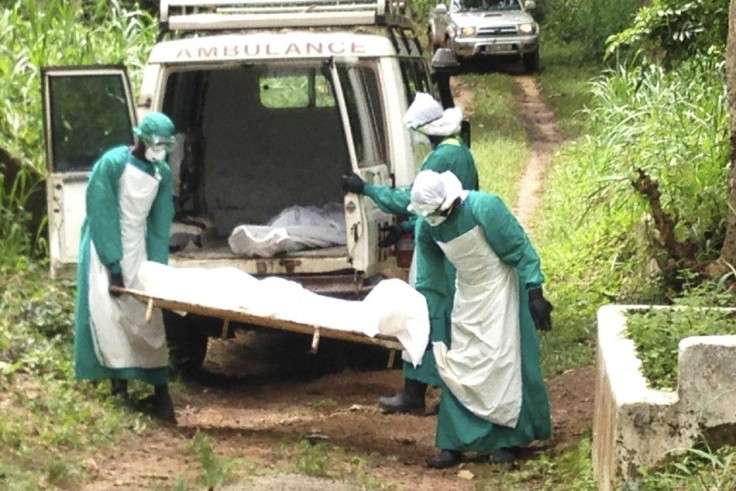Ebola Virus Reappearing in Areas Where Doctors Thought It Was Controlled

The Ebola virus is spreading quickly in Liberia where the World Health Organisation expects thousands to be infected in the coming weeks. According to reports, WHO released a statement confirming that new cases of Ebola have been growing exponentially.
WHO revealed that regular taxis and motorbike taxis have become a "hot source" for the Ebola virus to spread since the vehicles are not sanitised in Liberia. The organisation said the country's current measures do not have a significant impact in controlling the virus.
WHO has urged its international aid partners to step up efforts in the fight against Ebola. The virus has killed 1,089 in Liberia from a total of 1,871 cases, WHO reports indicated. The death toll in Guinea, Sierra Leone and Liberia is currently at 2,097 out of 3,944 cases.
Reports of the virus surging in areas where Ebola is supposed to be contained have surfaced. Doctors Without Borders had closed its treatment centres in Guinea's Macenta region in May after noting there were no new cases for weeks. CTV News reported that the doctors had decided to move on and left only a few members of their staff on stand-by.
However, new cases of Ebola have since appeared across Liberia's border. After several months, Macenta has become an Ebola hotspot once again. Reports said the resurgence of Ebola in areas where doctors thought it was under control shows how strong the virus is and how it has spread uncontrollably.
Doctors Without Borders emergency coordinator Marc Poncin said the new cases of Ebola in Guinea can be traced to the people that have come back from Sierra Leone or Liberia. Health experts believe the virus is quickly transported by plane, car and on foot, carried by people trying to move away from Ebola hotspots. The airline bans, border closures and quarantine measures have proven ineffective in stopping the virus from spreading.
WHO said 14 of 15 counties in Liberia have confirmed cases of Ebola. Treatment centres are immediately filled with patients not long after they are opened. This indicates a dire need for more treatment facilities to keep up with the number of cases.





